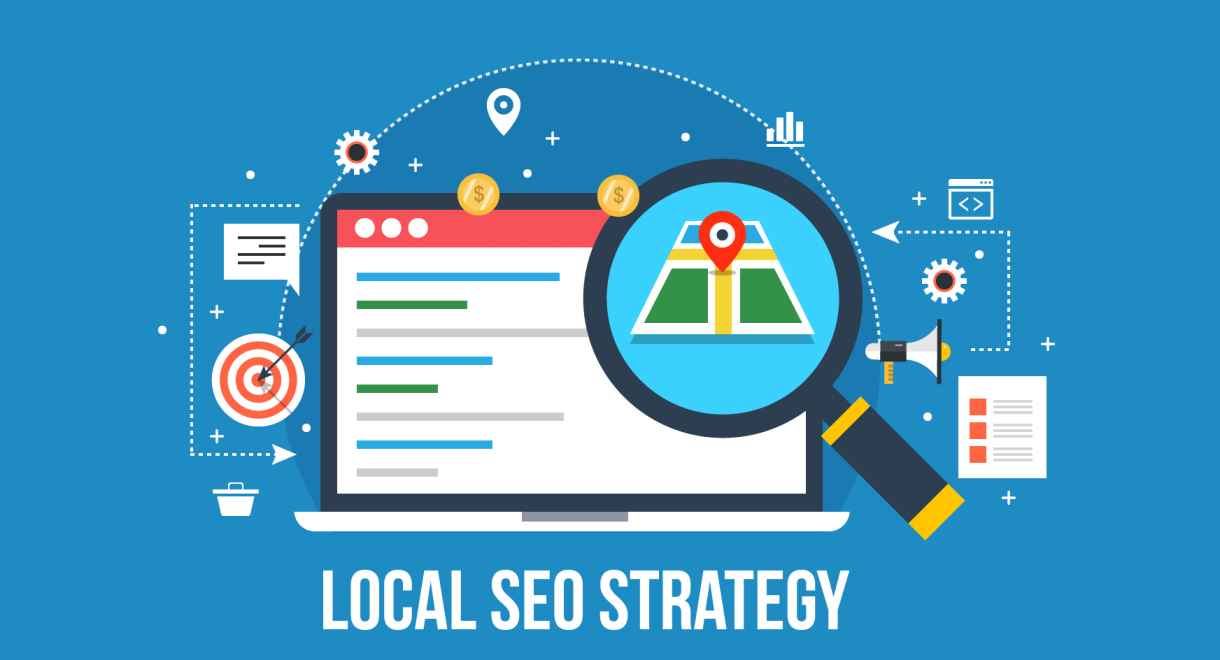In today’s digital age, having a strong online presence is crucial for the success of any local business. One of the most effective ways to increase your visibility and attract potential customers is by ranking your website in local searches. When your website appears at the top of search engine results for relevant local queries, you can expect an influx of organic traffic and, ultimately, more sales. In this comprehensive guide, we will walk you through the essential steps to help you achieve a higher ranking in local searches.
Understand Local SEO
Before you embark on the journey to rank your website locally, it’s crucial to have a solid understanding of Local SEO (Search Engine Optimization). Local SEO is a subset of traditional SEO, focusing on optimizing your website’s content and online presence to attract local customers. It involves various strategies and techniques designed to make your business more discoverable in local search results.
1. Optimize Your Website
a. Mobile-Friendly Design
Google considers mobile-friendliness a crucial ranking factor. Ensure that your website is responsive and performs well on mobile devices. A responsive design not only improves your SEO but also enhances the user experience.
b. Page Speed
A fast-loading website is essential for both user satisfaction and SEO rankings. Compress images, minimize server requests, and use content delivery networks (CDNs) to boost your website’s speed.
c. On-Page SEO
Optimize your website’s content with relevant keywords, meta titles, and meta descriptions. Include your location in these elements, as well as in the website’s headings and content naturally.
d. Schema Markup
Implement schema markup on your website to provide search engines with structured data about your business. This can improve your visibility in rich snippets and local search results.
2. Create a Google My Business (GMB) Listing
Your Google My Business listing is a critical component of local SEO. Ensure that your GMB listing is complete and accurate. This includes providing up-to-date business information, photos, hours of operation, and reviews.
3. Generate Online Reviews
Online reviews are a significant trust signal for both search engines and potential customers. Encourage satisfied customers to leave reviews on platforms like Google, Yelp, and Facebook. Respond to reviews promptly and professionally, whether they are positive or negative.
4. Build High-Quality Backlinks
Backlinks, or links from other reputable websites to yours, are a vital part of SEO. Seek opportunities to earn backlinks from local businesses, organizations, and directories. Quality is more important than quantity when it comes to backlinks.
5. Create Local Content
Publishing locally relevant content on your website can help you rank higher in local searches. Write blog posts, articles, or guides related to your industry and region. This not only attracts local visitors but also positions your business as an authority in your field.
6. Use Local Keywords
Include local keywords in your website’s content, meta tags, and headers. This helps search engines understand your business’s geographic relevance. For example, if you run a bakery in Dubai, use phrases like “Dubai bakery” or “best bakery in Dubai.”
7. Implement Structured Data
Structured data markup, such as JSON-LD, can provide search engines with more context about your business, including your products or services, reviews, and contact information. Implement structured data on your website to enhance its visibility in local search results.
8. Monitor and Adapt
The digital landscape is constantly evolving, so it’s essential to monitor your website’s performance regularly. Use tools like Google Analytics and Google Search Console to track your local search rankings and website traffic. Adjust your strategies as needed to maintain or improve your position.
In conclusion, ranking your website in local searches requires a combination of technical optimization, content creation, and local SEO strategies. By following the steps outlined in this guide and staying committed to ongoing improvement, you can enhance your online visibility and attract more local customers to your business. Remember that Local SEO is a long-term endeavor, and patience is key as you work towards achieving better rankings and greater local visibility.

